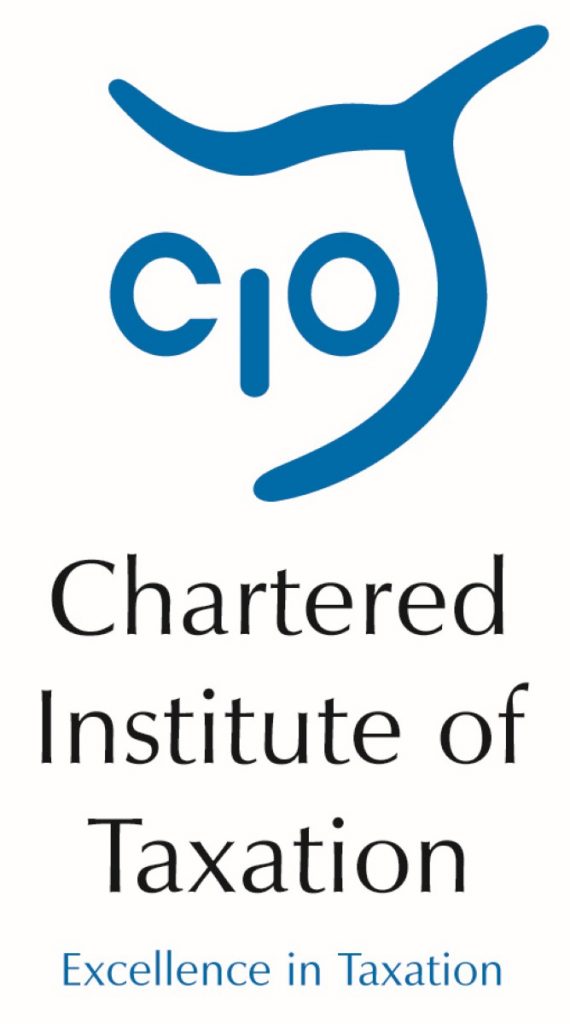The Finance Bill published today is the longest ever, at a mammoth 762 pages, say the Chartered Institute of Taxation. It beats the previous record holder, 2012’s 686 page Finance Bill by a significant margin.
John Cullinane, CIOT Tax Policy Director, commented:
“Today’s Finance Bill is the longest on record, beating the next longest by a country mile. This rate of change and quantity of additional legislation will make life more complex for taxpayers and tax advisers alike.
“In defence of the current Chancellor most of the measures in this Budget originated before his time at the Treasury, in particular they result from the Budget a year ago, which contained 50 new tax measures. By contrast the Budget two weeks ago was the slimmest in a long time, with just 14 new tax measures. We hope that that will set the pattern going forward and today’s Bill will be remembered as the last hurrah of the days when Finance Bills weighed in at heavier than a family-sized turkey.”1
The lengthiest elements of today’s Finance Bill are:
· Corporate interest restriction – 156 pages
· Relief for carried-forward losses for corporates – 116 pages
· Trading and property businesses income and two new related allowances – 53 pages
· Soft drinks industry levy – 35 pages
The need to ‘do less and do it better’ in tax policy was central to the ‘Better Budgets’ report published in January by the CIOT, the Institute for Government and the Institute for Fiscal Studies.2
Notes for editors
1. In addition to the 762 pages of Finance Bill there are 448 pages of accompanying Explanatory Notes. Together these weigh an estimated 2.8 kg (6.17 lb). By comparison the BBC recommends a turkey of 2-2.5kg to feed a family of 4-6. Also weighing in at under the weight of the new Bill and its notes are a new born baby gorilla (average weight 2.061kg (source)) and a magnum of champagne (weight 1.75kg (source)).
At 313,031 words the 2017 Finance Bill (excluding explanatory notes) is longer than most famous novels. For example, it is longer than Dickens’ Oliver Twist (155,960 words) and A Tale of Two Cities (135,420 words) combined (source). With explanatory notes (combined word count 479,463 words) it is longer than the full three volumes of Tolkien’s Lord of the Rings (455,125 words).
2. Better Budgets – recommendations in brief
1. Stick to the commitment to a single principal annual fiscal event and cut down Budget measure proliferation.
2. Establish clear guiding principles and priorities for tax policy
Early statement in a new Parliament to spell out priorities for and approach to tax system
3. Extend the road-map approach
Corporate Tax Road Map model could be applied much more widely. Report sets out principles for good road-maps
4. Start consultation at an earlier stage
Too many consultations begin when key decisions have already been made
5. Develop more active approaches to consultation
Seek out consultees proactively. Give respondents feedback
6. Prepare the ground for future reform – and engage the public
Use independent external reviews. More active public engagement with the policy making process
7. Address the perceived capability gap around tax policy making
Treasury and HMRC need to address perceived gaps in tax policy making capability. Build on initiatives aimed at allowing insiders to develop deeper tax expertise in HMT & policy expertise in HMRC. Manage concerns about external secondees
8. Overhaul internal processes
More challenge to tax and Budget policy making. Make decisions more collectively, with a small Budget Cabinet Committee. More powerful early expert challenge. NAO scrutiny of spending-like tax reliefs. Independent challenge to business impact assessments
9. Enhance Parliament’s (and the public’s) ability to scrutinise tax proposals
More transparency from government, with clearer documentation. Finance Bill oral evidence sessions. Better liaison between parliamentary committees looking at tax. More standing expert support on tax for Parliament
10. Institutionalise and enable evaluations of tax measures
Effective and routine post-legislative review of whether measures are achieving their objectives at acceptable cost. Parliament should hold government to account for this. Data more accessible
Full document: http://tinyurl.com/betterbudgets
3. The Chartered Institute of Taxation (CIOT)
The CIOT is the leading professional body in the United Kingdom concerned solely with taxation. The CIOT is an educational charity, promoting education and study of the administration and practice of taxation. One of our key aims is to work for a better, more efficient, tax system for all affected by it – taxpayers, their advisers and the authorities. The CIOT’s work covers all aspects of taxation, including direct and indirect taxes and duties. Through our Low Incomes Tax Reform Group (LITRG), the CIOT has a particular focus on improving the tax system, including tax credits and benefits, for the unrepresented taxpayer.
The CIOT draws on our members’ experience in private practice, commerce and industry, government and academia to improve tax administration and propose and explain how tax policy objectives can most effectively be achieved. We also link to, and draw on, similar leading professional tax bodies in other countries. The CIOT’s comments and recommendations on tax issues are made in line with our charitable objectives: we are politically neutral in our work.
The CIOT’s 18,000 members have the practising title of ‘Chartered Tax Adviser’ and the designatory letters ‘CTA’, to represent the leading tax qualification.
Contact: George Crozier, Head of External Relations, 0207 340 0569 or gcrozier@tax.org.uk (Out of hours: 07740 477 374)





-01.png)